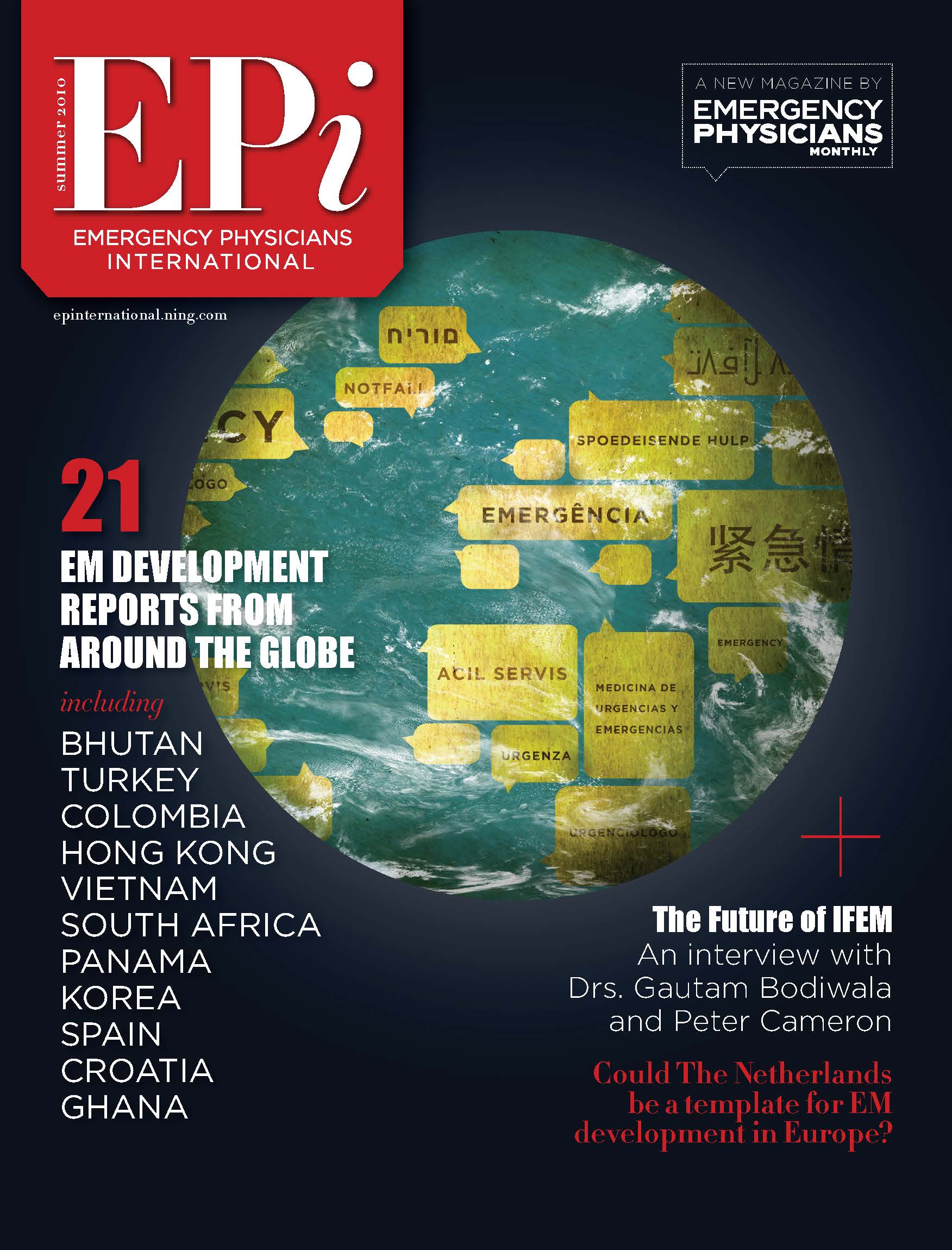Sowing SEEDS of Harm Reduction
Meeting Bob
In the hustle and bustle of a cardiac hospital in London, the doctors asked me to go and see Bob*, a patient admitted overnight. What Bob described sounded like a textbook account of myocardial infarction (MI), with central crushing chest pain radiating to the shoulders. But he kept on changing his story – one minute he would tell me that the pain had started on the train, the next minute, he would say it started while he was in a park. Something was amiss…
What he had told me was only a part of the story. It was not a classic MI that resulted in Bob’s emergency admission. Rather, he had overdosed on crack cocaine which triggered a coronary vasospasm.
Meeting Bob made me really think. I got to know Bob as a person – a loving uncle who enjoyed playing football with his nieces and nephews, unlucky enough to lose his job in the last couple of months. Why did he not tell me that it was his use of crack cocaine which led to his admission, that it was what got him to where he was now?
The Puzzle
Coming from Japan but completing most of my schooling in the UK, the drugs education I received was very much in the manner of the “Just Say No” campaign by First Lady Nancy Reagan, focused on preventing drug use. I remember a talk we had in school from a “recovering drug addict” who told us how drugs ruined his life and how he did not want us to be like him. I grew up believing that drug prohibition was the way to go and was an effective deterrent against drug use. But as I started medical school and met many people who use drugs on the hospital wards, I began to question my beliefs. If prohibition policies were so effective, why were they not helping people like Bob come off drugs and why were they ending up in hospital with an overdose?
This past academic year, I chose to take a year out of my medical studies and study Global Public Health. In the second semester, I took the Anthropology and Global Health module with Dr Jennifer Randall and this was a transformative experience. In the module, we read When I Wear My Alligator Boots, a book by the American Canadian anthropologist Shaylih Muehlmann, which illustrates the impact of the War on Drugs on the lives of people living in northern rural Mexico. Through discussions of the gendered, class-based and racialised impact of the drug war, I came to have a different perspective on drug policy.
Piecing the puzzle together, it all made sense. Drug prohibition, as opposed to deterring drug use, drives people like Bob to use substances unsafely. The stigma attached to drug use, propelled by the prohibition policies, prevents people from seeking help, causing some people to overdose. In the UK, 50 years on from the Misuse of Drugs Act of 1971, deaths from drug overdose remain a record high, with nearly 4,400 deaths recorded in 2019. Similarly in the US, the numbers are on the increase, with 70,630 deaths reported by the CDC in 2019.
Moreover, the current policies disproportionately affect certain groups. In the UK, Release reported in 2016/17 that the police were eight times more likely to stop and search black people for drug possession compared to white people and between 2010 and 2017, the prosecution rate for cannabis possession was two to three times higher for black people. This was even though only 4.7% of black people reported drug use compared to 9% for white people, showing a clear racial disparity in the policing for drug offenses.
A Call for Action
Paulo Freire’s philosophy of “education for critical consciousness” focuses on gaining a deep understanding of the world and reflecting on systems of oppression, in order that one may act against them. Many of the students studying the global health programme have undergone such “conscientisation”, critically reflecting on the racial and social injustice in the current drug policies.
It is in accordance with Freire’s philosophy of acting against systems of oppression that we have developed SEEDS (Sowing Empowering and Engaging Discussions on Substances), a collective of students, alumni and staff. SEEDS aims to encourage compassionate conversations to destigmatise drug use, promote harm reduction and advocate for drug policy reforms. To mark the 50th anniversaries of the UK’s Misuse of Drugs Act and Nixon’s War on Drugs in the US, we have launched a 50-day social media campaign, with daily videos on key concepts in drug policy and interviews with experts in the field. The campaign will culminate in a Day of Action on the 26th of June in Altab Ali Park in East London, in solidarity with the Support. Don’t Punish campaign.
Starting a conversation about drug reforms can be a daunting experience. But without changing the public discourse on drugs, we cannot advocate for policies to regulate drugs in the same way that we regulate other substances such as alcohol. Moreover, without changing the discourse, we cannot adopt a more health-based approach to drug policy focused on reducing harm, in place of the punitive approach we currently have.
One small step in changing society’s attitudes towards drugs is to change the language we use. Emergency physicians, other health professionals and members of the public can all destigmatise and humanise people who use drugs by changing the language they use:
“Drug use” as opposed “drug abuse” or “misuse” (most drug use is unproblematic)
“Problematic drug use” as opposed to “drug addiction”
“People who use drugs” as opposed to “drug users”
“People with problematic drug use” as opposed to “drug addicts”
The above examples are by no means exhaustive and there are different interpretations for what each phrase means. You may wonder whether changing some words and phrases will mean anything. I can assure you – it will mean a lot to the Bobs who will be walking into the emergency department tomorrow. Maybe next time, Bob will tell you the full story of what happened.
SEEDS - Sowing Empowering and Engaging Discussions on Substances
Twitter: https://twitter.com/seeds_4change
Facebook: https://www.facebook.com/SEEDS-104698848382287
Instagram: https://www.instagram.com/seeds_4change/
YouTube Channel: https://www.youtube.com/channel/UCQG0LAA7ufNp9GyJ4OtcEsA
*Name changed







